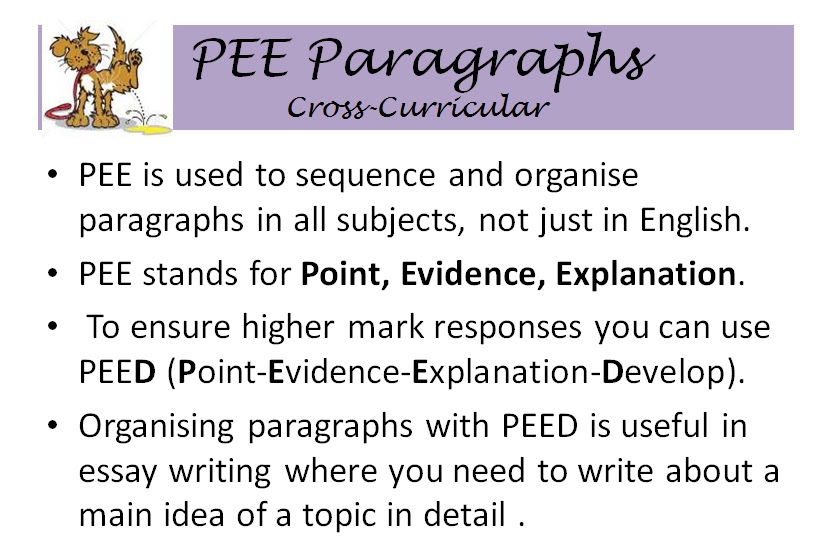Through one of the marvels of modern Science, I am enabled, this Christmas Day, to speak to all my peoples throughout the Empire. I take it as a good omen that Wireless should have reached its present perfection at a time when the Empire has been linked in closer union. For it offers us immense possibilities to make that union closer still.
It may be that our future may lay upon us more than one stern test. Our past will have taught us how to meet it unshaken. For the present, the work to which we are all equally bound is to arrive at a reasoned tranquillity within our borders; to regain prosperity without self-seeking; and to carry with us those whom the burden of past years has disheartened or overborne.
My life's aim has been to serve as I might, towards those ends. Your loyalty, your confidence in me has been my abundant reward.
I speak now from my home and from my heart to you all. To men and women so cut off by the snows, the desert or the sea, that only voices out of the air can reach them; to those cut off from fuller life by blindness, sickness, or infirmity; and to those who are celebrating this day with their children and grand-children. To all - to each - I wish a Happy Christmas. God Bless You!.
It may be that our future may lay upon us more than one stern test. Our past will have taught us how to meet it unshaken. For the present, the work to which we are all equally bound is to arrive at a reasoned tranquillity within our borders; to regain prosperity without self-seeking; and to carry with us those whom the burden of past years has disheartened or overborne.
My life's aim has been to serve as I might, towards those ends. Your loyalty, your confidence in me has been my abundant reward.
I speak now from my home and from my heart to you all. To men and women so cut off by the snows, the desert or the sea, that only voices out of the air can reach them; to those cut off from fuller life by blindness, sickness, or infirmity; and to those who are celebrating this day with their children and grand-children. To all - to each - I wish a Happy Christmas. God Bless You!.
This was the first of the Royal Christmas Messages live radio broadcasts from Sandringham House.
Have a Merry Christmas and a Happy New Year.
See you all in 2013.


